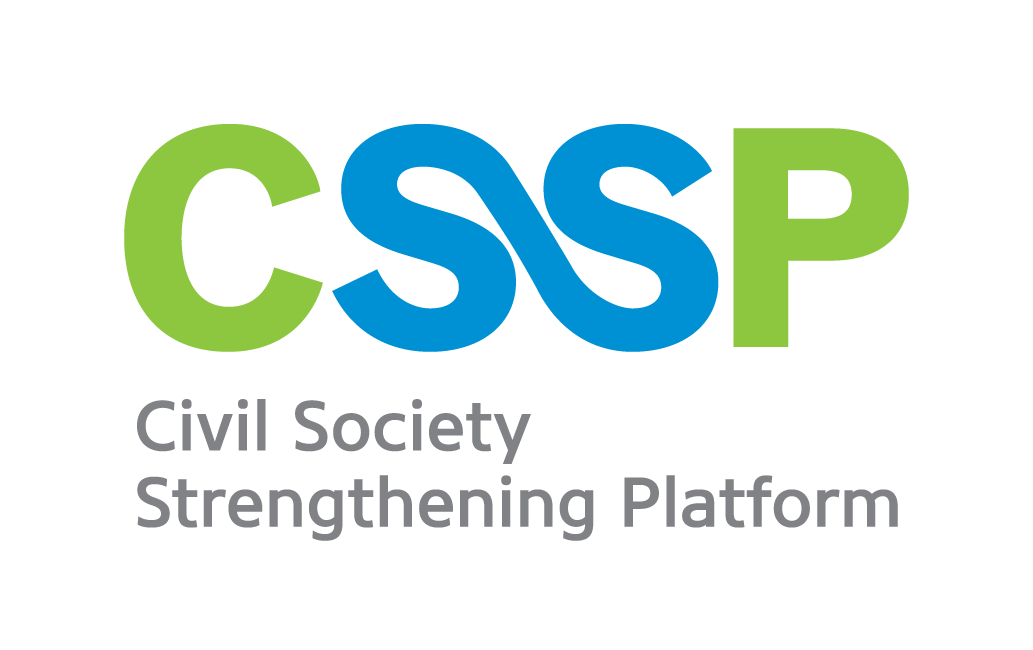June 8, 2020 – Starting with the first of May 2020, the Civil Society Strengthening Platform has started its third year of the EU/UN Women programme ‘Implementing norms, changing minds’. The EU/UN Women programme ‘Implementing norms, changing minds’ aims at ending gender-based discrimination and violence against women in the Western Balkans and Turkey, with a particular focus on the most disadvantaged groups of women.
This year’s project focusses on one specific key regional challenge identified by all CSSP partners under Phase I of the programme: the serious gap in sexual violence services in the region. Therefore, this year all nine partners in the seven partner project countries, will focus on developing guidelines on how to better cater to the needs of victims of sexual violence to support service providers in responding to the needs of victims of sexual violence.
The outbreak of the COVID-19 pandemic and the measures of containment implemented by national governments to counter the spread of the virus, have strongly impacted the health of populations, economies and public services. Since March 2020, when the World Health Organization declared the COVID-19 outbreak as a global pandemic, governments in the Western Balkans and Turkey began introducing measures of containment (such as closing different businesses, limiting free movement of people) to respond to the crisis. The impact of the pandemic and of these measures has deepened already profound gender gaps grounded in patriarchal structures and cultures, and the burden of the COVID-19 crisis has been particularly placed on women.
Violence against women has increased during the lockdown imposed by national governments in the Western Balkans and Turkey(1) , women’s access to support services being consequently limited. Furthermore, after the pandemic outbreak, women’s organizations faced a loss of staff, capacity and financial resources. Some services were temporarily cancelled, while a few organizations decided to better respond to the pandemic by starting new services.
The following gaps have been identified by women’s support services(2) when it comes to supporting victims of violence during the pandemic: imposed lockdowns, reduced mobility and firmer control of abusers make shelters non-accessible to women; women’s helplines have limited resources to deal with online reporting of VAW; there is a lack of protocols on how to admit women respecting health measures; there are limited resources to keep shelters and centers operational and the immediate healthcare for women survivors of violence is overlooked.
To better respond to the needs of women victims of violence and to ensure adequate support, but also taking into consideration the fear and possibility of resurgence of COVID-19 cases, the Civil Society Strengthening Platform partners in Albania, Bosnia and Herzegovina, Kosovo*, Montenegro, North Macedonia, Serbia and Turkey have prepared a set of guidelines in all national languages to better support national governments and service providers in times of crisis to protect women, victims of violence.
The guidelines are accessible here in English.
Partners in all seven project countries have adapted and translated the guidelines according to their current needs and realities. The guidelines for each project country can be found below:
- Guidelines Albania
- Guidelines Bosnia and Herzegovina
- Guidelines Kosovo
- Guidelines Montenegro
- Guidelines North Macedonia
- Guidelines Serbia
- Guidelines Turkey
*For the European Union, this designation is without prejudice to positions on status, and is in line with UNSCR 1244/1999 and the ICJ Opinion on the Kosovo declaration of independence. For UN Women, references to Kosovo shall be understood to be in the context of UN Security Council Resolution 1244 (1999).













